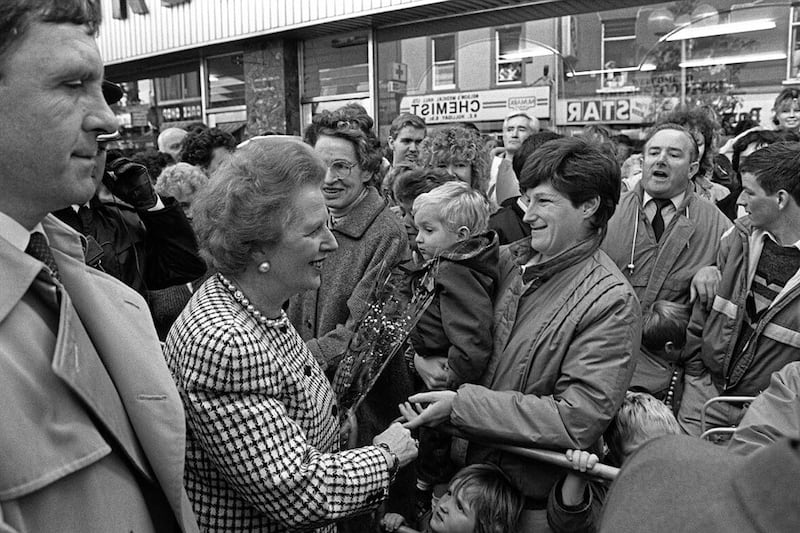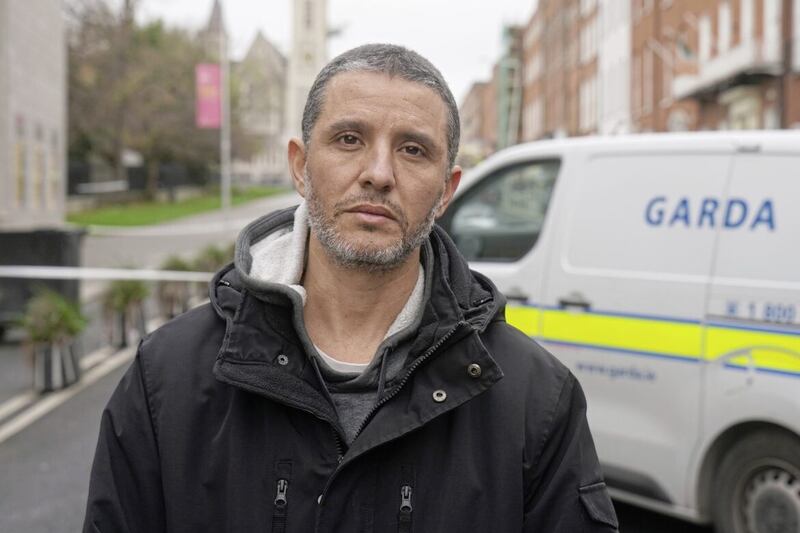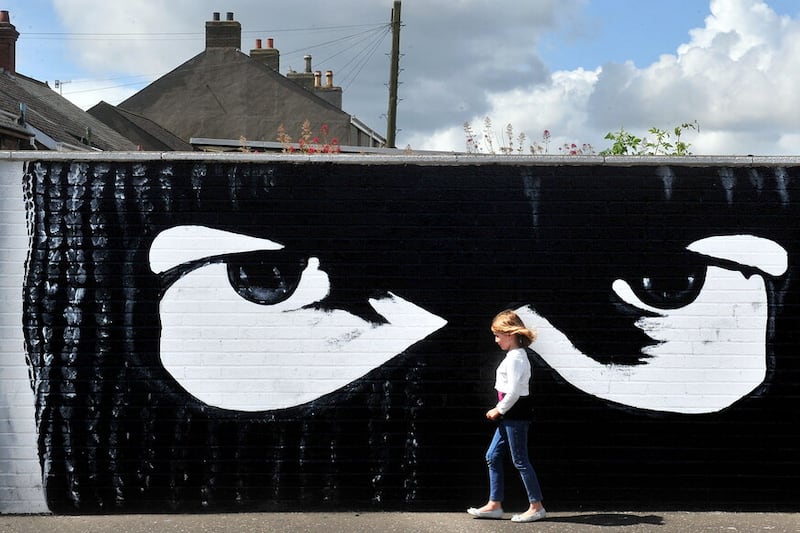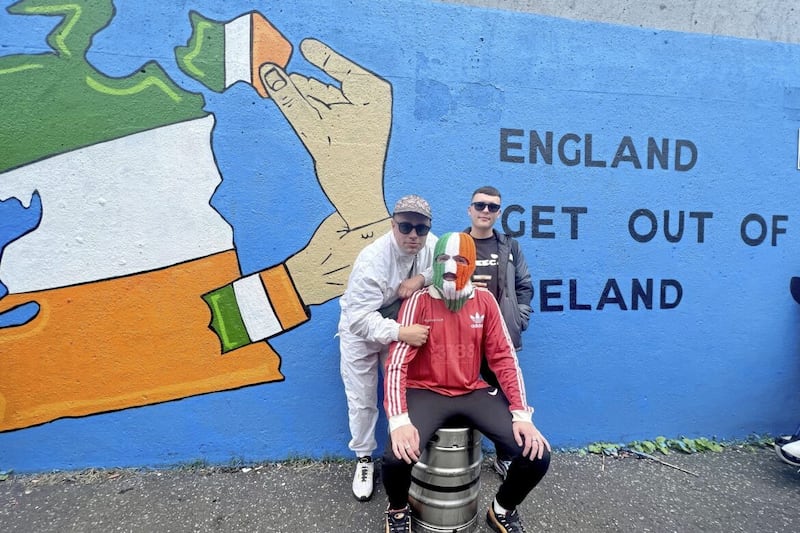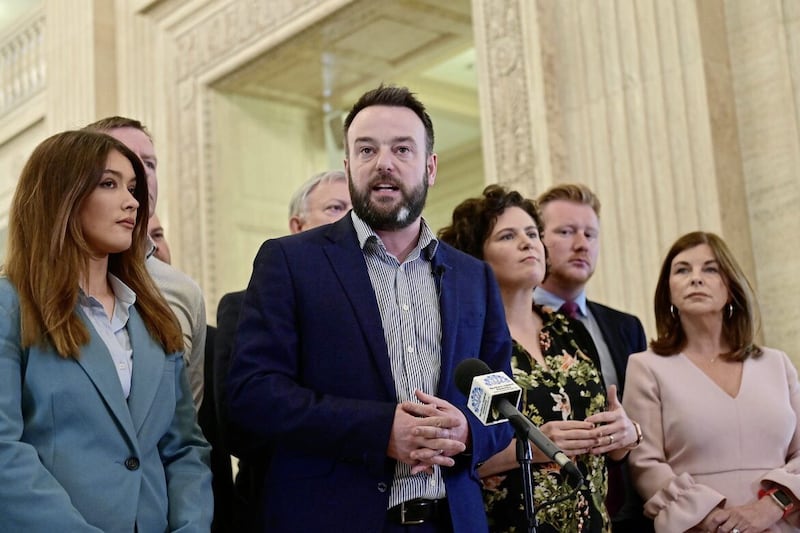Last week marked one year since the first registered death from Covid-19 in Northern Ireland. Since then more than 2,100 people have died from the virus.
It is of little consolation that those figures could have been much worse. In Northern Ireland 155,500 people have been infected by coronavirus and many of those are still affected by what we now call ‘long Covid’.
Personal accounts by survivors make for harrowing testimony. Covid-19 was not as some idiots claimed just like a flu. The world as we knew it before March 2020 is no more. Covid has been deadly. It has not just taken lives but it has ruined livelihoods too.
Politicians from across the political spectrum found themselves on the back foot when the pandemic took hold. They became overwhelmed with the challenges which lay ahead. It is hard not to have sympathy for them.
Covid-19 was a global pandemic which shut down economies and paralysed international trade and tourism. It is important to remember that for those in government there was no rule book to follow. 2020/21 has been unprecedented.
No-one could have imagined a Conservative government, led by right wing zealots, having to spend money like confetti to save jobs and keep the economy afloat. The furlough scheme has been successful but the cost is colossal at £54billion.
Of course, there were mistakes made. Some of these were unavoidable. Others have a stench about them. Government procurement procedures need a rigorous overhaul and relationships or links between Tory MPs and companies which benefited from emergency Covid-19 contracts require forensic levels of scrutiny. Some of the reports already exposed by the media about certain contracts raise serious questions.
By far the greatest achievement of the Johnson government has been the vaccination rollout. And this is despite a faltering UK health secretary and an uninspiring and undistinguished Cabinet. The prime minister remains his party’s best electoral asset.
In Northern Ireland the vaccine rollout is equally impressive. Robin Swann, the health minister and the Chief Medical Officer, Dr Michael McBride, deserve much credit. The finance minister, Conor Murphy, has been quietly efficient and innovative in the creation of funding initiatives.
Though less praiseworthy is the underfunding of rival departments like Infrastructure. To her credit when acting like a first minister and not the leader of the DUP, Arlene Foster projects more confidence than Michelle O’Neill. The latter’s failure to show during the British prime minister’s recent visit was juvenile.
Understandably some businesses would like more clarity about a phased return to normality. Though just what this normality will look like is another thing entirely.
Hospitality and personal service businesses will spring back to life post lockdown. Less certain is the future of independent retailers. High streets were already on the cusp of dereliction and twelve months of online shopping and click & collect services will have conditioned many customers to more efficient if less personal types of retail experience.
This is why post Covid-19, the pathway to recovery has to be led by an executive brave enough to lead on physical regeneration in many town centres.
They could start by boosting footfall through decentralising government jobs from Belfast to other parts of Northern Ireland. This will reduce commuting time and be positive for the environment. Local councils also need to identify priority projects which stimulate economic growth.
The time has come to focus on job creation. Northern Ireland is infected by parish pump politics and nimbyism. A few years back, businessman Bro McFerran said: “A third of primary school children will work in jobs not yet invented”.
To make the painful sacrifices of the past year meaningful, the Stormont Executive needs to create a fertile environment for those not yet invented jobs by building an enterprising and open economy. Time to think big or sink fast.





